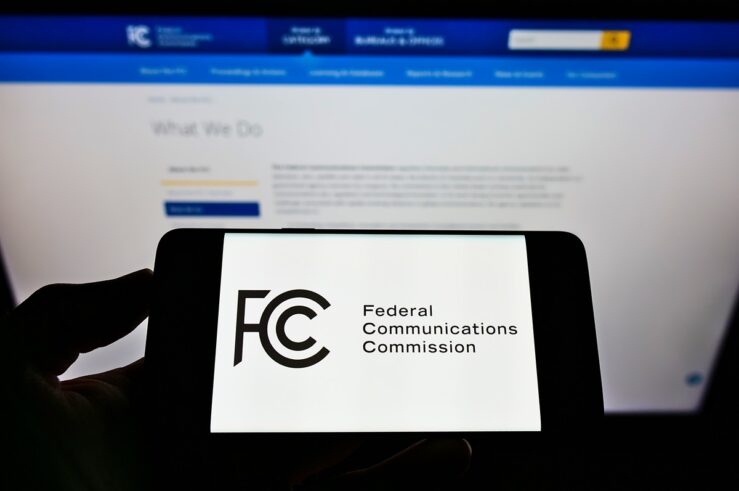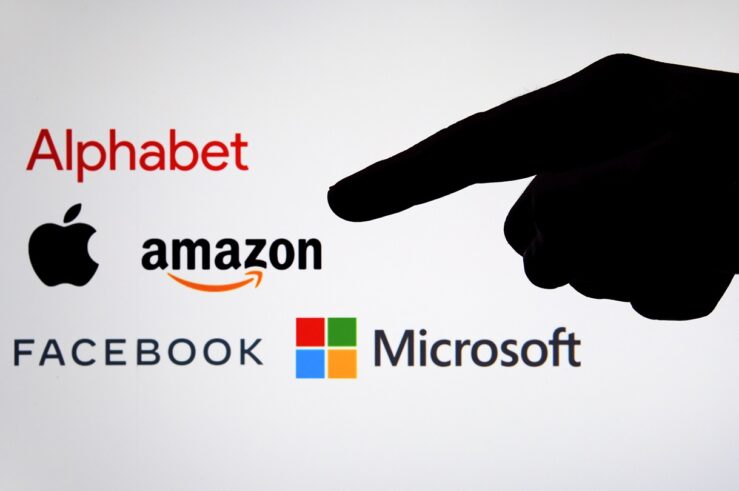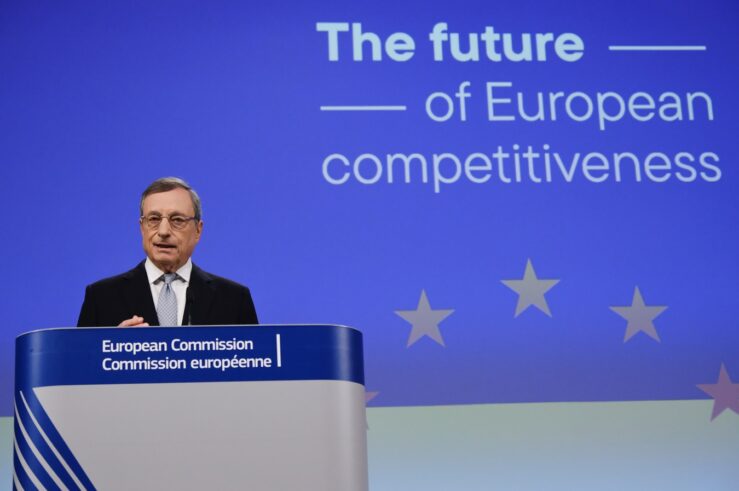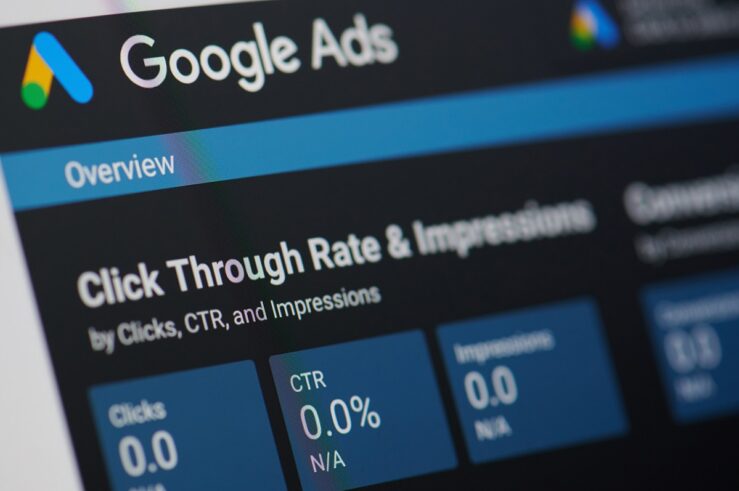Showing results for: “google”
What Project 2025 Can Tell Us About Brendan Carr’s FCC Priorities
My high-school-aged son came home from school the day after Election Day in distress. His history teacher spent the entire class listing the Parade of Horribles in Project 2025 and its dire consequences for the United States. I asked my son, “Project 2025 is more than 900 pages. Do you think your teacher read it?” ... What Project 2025 Can Tell Us About Brendan Carr’s FCC Priorities
Should the GDPR Prohibit AI?
The European Data Protection Board’s (EDPB) Nov. 5 stakeholder consultation on AI models and data protection—organized to gather input for an upcoming Irish Data Protection Commission opinion under Article 64(2) of the General Data Protection Regulation (GDPR)—showcased significant lingering disagreement on how the GDPR should apply to AI. While the event was not intended to ... Should the GDPR Prohibit AI?
Weighing DOJ’s Proposed Remedies for Google’s Monopolization
The U.S. Justice Department (DOJ) has proposed remedies to a federal judge who held that Google illegally monopolized web search. In reviewing the DOJ’s recommendations, the judge should take into account the downsides of particular remedies, as well as their potential benefits. The judge should be careful not to impose remedies that could reduce innovation ... Weighing DOJ’s Proposed Remedies for Google’s Monopolization
A Tale of Two App Stores
Dueling federal antitrust holdings dealing with app stores could have significant impacts on the future of competition in mobile-internet services. Going forward, antitrust policy in this area should focus on promoting consumer welfare and innovation, rather than the interests of particular competitors. App Store Basics Google and Apple compete vigorously for consumer favor in smartphones. ... A Tale of Two App Stores
Preemptive Digital-Platform Rules Are Not Good Competition Policy, But They Were Never Meant to Be
Inspired by the European Union’s Digital Markets Act (DMA), a growing number of jurisdictions around the globe either have adopted or are considering adopting frameworks of preemptive digital-competition rules (DCRs) that would more closely regulate the business models of such platforms as Google’s search engine and Amazon’s e-commerce business. The Turkish government may soon join ... Preemptive Digital-Platform Rules Are Not Good Competition Policy, But They Were Never Meant to Be
Don Rosenberg: Navigating Antitrust in Tech – Insights from a Legal Veteran
You’ve been involved in antitrust issues at major tech companies for decades. How has the approach to antitrust changed over time, both from the company perspective and the regulatory side? The evolution has been significant. When I started at IBM in the 1970s, we were in the midst of a 13-year U.S. Justice Department (DOJ) ... Don Rosenberg: Navigating Antitrust in Tech – Insights from a Legal Veteran
Prudence and Precedent Counsel Modest Remedies in Google Search Case
Later this fall, the U.S. District Court for the District of Columbia will hold hearings to determine the proper remedy in the Google search case. Among other options, the court could restrict Google’s ability to sign exclusive distribution contracts, force it to share data with competitors, or even break Google apart into two or more ... Prudence and Precedent Counsel Modest Remedies in Google Search Case
Deregulatory Reform, Not Antitrust, Is Key to A Vibrant US Economy
The Biden administration has emphasized “antitrust on steroids” and intrusive regulation as key elements of its economic policy. This has been counterproductive. Federal enforcers should return to prior bipartisan, less-interventionist consumer-oriented antitrust. On a parallel track, the federal government should focus on deregulatory reform to drive a competitively vibrant, faster-growing American economy. Biden Antitrust Has ... Deregulatory Reform, Not Antitrust, Is Key to A Vibrant US Economy
The Law & Economics of Online Age Verification and Parental Consent: App Store Edition
Roughly this time last year, I was writing an International Center for Law & Economics (ICLE) issue brief that considered online age-verification and parental-consent laws from a law & economics perspective. The resulting paper, “A Coasean Analysis of Online Age-Verification and Parental-Consent Regimes,” found that the major U.S. Supreme Court cases on age verification and ... The Law & Economics of Online Age Verification and Parental Consent: App Store Edition
Draghi Report Highlights Why to Be Wary of the ‘Brussels Effect’
Everyone in Europe, and across the international competition-law sphere, seems to have their own interpretation these days of former Italian Prime Minister and European Central Bank President Mario Draghi’s recent report “The Future of European Competitiveness” (a.k.a., the “Draghi report”). And, of course, those various interpretations, unsurprisingly, inevitably match the interpreter’s policy preferences. This is ... Draghi Report Highlights Why to Be Wary of the ‘Brussels Effect’
Lessons from Korea’s Roller-Coaster Ride Toward Platform (Non)Regulation
The Korea Fair Trade Commission (KFTC), the nation’s competition authority, announced Sept. 9 that it had abandoned plans for comprehensive platform regulation modeled after the European Union’s Digital Markets Act (DMA) or Section 19a of Germany’s Competition Act. The proposed Korean regulation would have involved an ex-ante designation process, alongside stringent prohibitions. The KFTC noted ... Lessons from Korea’s Roller-Coaster Ride Toward Platform (Non)Regulation
Justice Department’s Google Adtech Antitrust Suit Does Not Add Up
The trial of the U.S. Justice Department’s (DOJ) “adtech” antitrust lawsuit against Google kicked off Sept. 9 in U.S. District Court in Alexandria, Virginia. In a nutshell, the DOJ (joined by 17 states) argues that Google illegally monopolized key digital-advertising technologies through a variety of anticompetitive tactics. But the DOJ will find it difficult to ... Justice Department’s Google Adtech Antitrust Suit Does Not Add Up
















